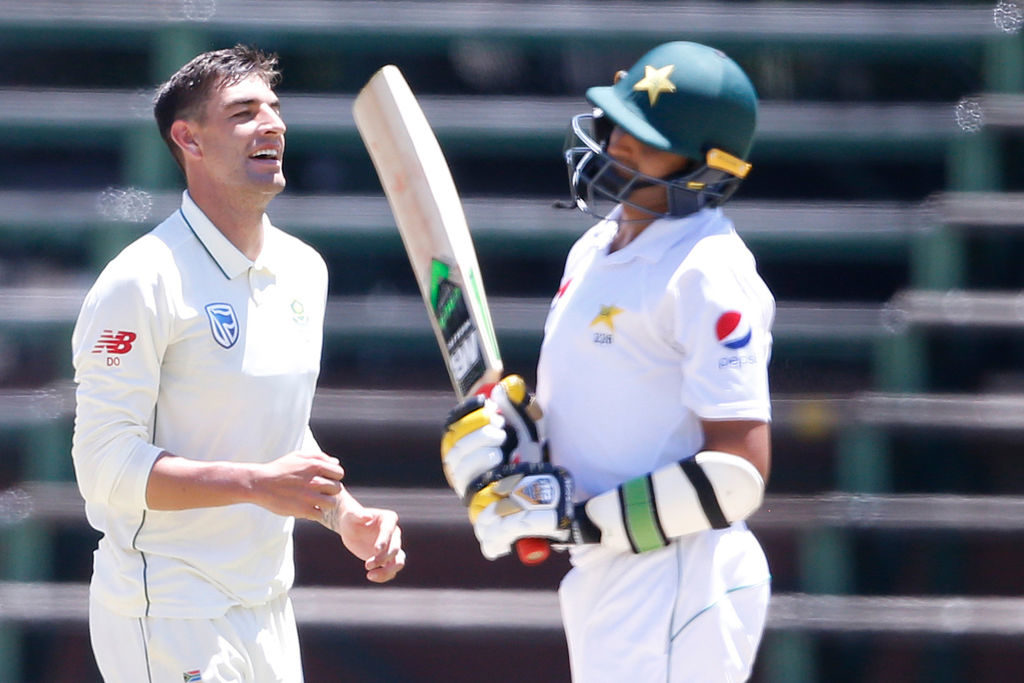With Brexit threatening to end the opportunity for cricketers to sign Kolpak deals that allow them access to lucrative county contracts (and invaluable playing opportunities), Duanne Olivier’s timing appears to be just right.
Maros Kolpak has little idea of the impact he has had on world cricket. Literally. A second-division German handball league goalkeeper of Slovakian descent, Kolpak challenged a decision to be registered as a foreign player on the basis that he had lived and worked in Germany for three years. A lengthy court case ended with a positive outcome for him in the European Court of Justice in Luxembourg.
A year later, Claude Henderson used the Kolpak ruling to have himself registered as a ‘UK player’ (South Africa was a signee of the Cotonou Agreement with the EU) which allowed him to live and work in the UK.
Bucketloads of South African cricketers have since signed Kolpak deals (including current Proteas skipper Faf du Plessis) to allow them to play as ‘local’ players on the English county circuit, to the extent that in 2008 a match between Leicestershire and Northamptonshire included 12 South Africans out of the 22 men on the field.
READ ALSO: Eight post-Duanne Olivier options
Kolpak agreements force players to give up their rights to play for their country during the term of their Kolpak contract, but on a positive note, this has given many South African cricketers incredible exposure and experience playing overseas.
There is a school of thought that believes the presence of Kolpak cricketers has weakened English cricket by taking away cricketing opportunities from English players. Their Test and T20 sides are ranked fifth on the ICC rankings, but are highly competitive – some poor performances have resulted in series losses that have pushed them down the rankings, but that must be laid at the feet of the players, not the standard of English cricket, which is extremely high.
Their ODI side is, in fact, No 1 in the world and must be favourites to win the 2019 Cricket World Cup, with India right behind them.
The impact of Brexit (when – or if – it finally pushes through) is predicted to bring an end to future Kolpak agreements, so for Olivier the moment to sign was right. Between possible uncertainty over his future position in a Proteas side that is congested with brilliant pace bowlers, as well as being in the form of his life, the option of taking a Kolpak deal was probably the only wise decision he could make.
When you’re in demand you have to make tough decisions, and then live with all of the consequences. Whether it was the right decision or not for Olivier, only time will tell.
READ ALSO: Duanne With the Wind
While his loss is a great blow for South African cricket, the really big worry could be if a string of other players suddenly sign Kolpak deals before Brexit blows up the opportunity forever.
The next two months could be very, very interesting for South African cricket, and one wonders why AB de Villiers hasn’t signed a Kolpak deal himself. If he’s retired from international cricket, surely there’s nothing standing in his way …
Kolpak cricketers
Source: Irish Times, Wikipedia
Photo: GIANLUIGI GUERCIA/AFP/Getty Images







